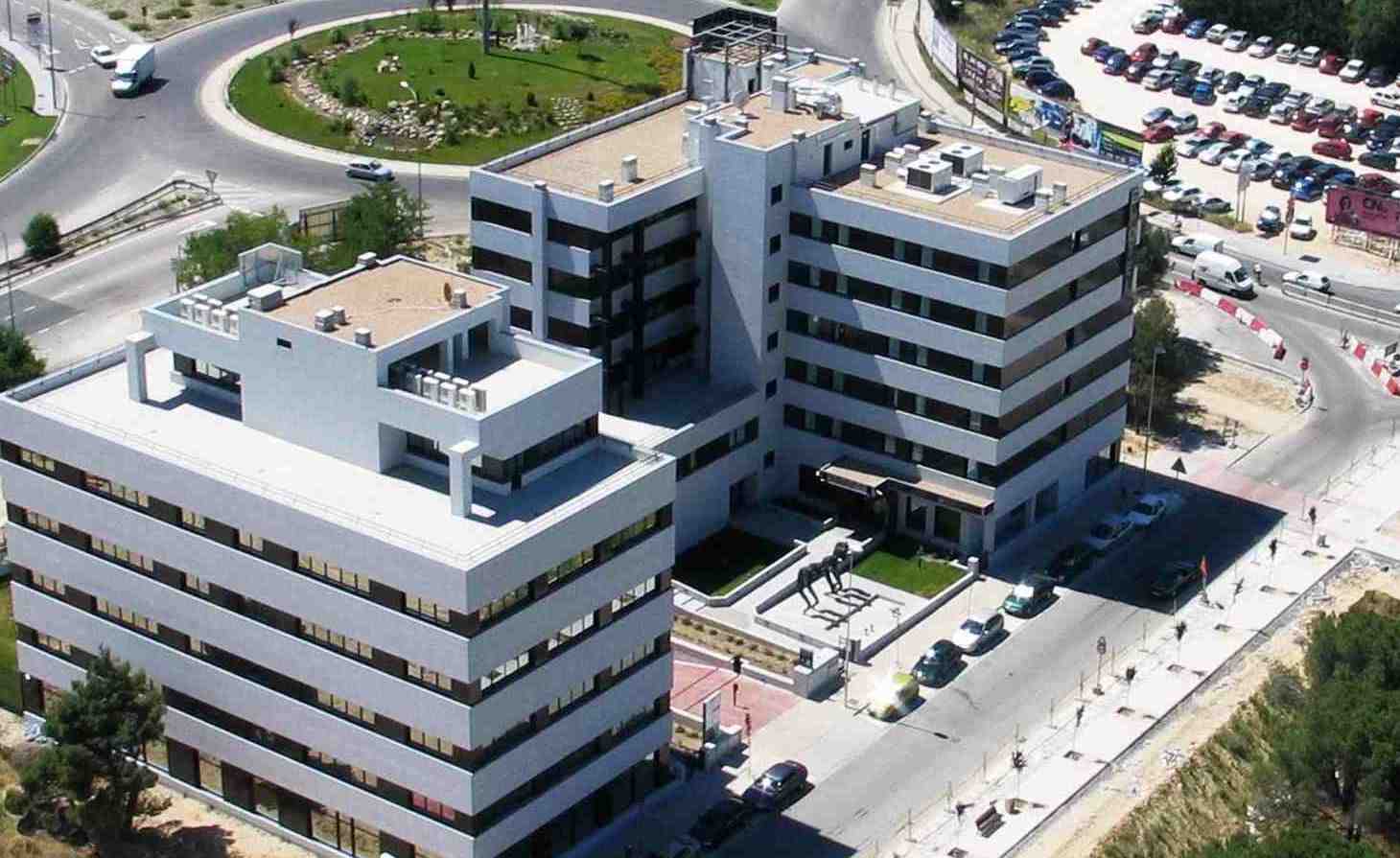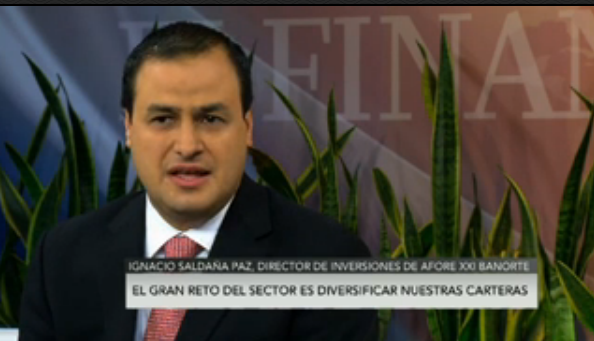A Quick Summary of the SEC’s New Money Market Rules
| By Alicia Miguel | 0 Comentarios
Last Wednesday, the SEC approved amendments on money market fund (MMF) rules. Seth Roman, a portfolio manager at Pinoneer Investments who specializes in the sector, summarized the areas of reform as they relate to institutional and retail money market investors. Mike Temple, Senior VP, Director of Credit Research, Pioneer Investments shares the expert’s view in followPioneer.com:
The SEC’s new rules require prime institutional money market funds to float their NAVs and to use liquidity fees and gates on a discretionary basis. Meanwhile, prime retail money market funds would be able to maintain their stable NAV but would be subject to liquidity fees and gates.
Since the floating NAV issue has been in the money market universe for some time, Wednesday’s SEC vote was not a surprise. It will take time to see the full impact, because full implementation is two years away. Nonetheless, we can see money leaving institutional funds and going any number of places . . . government money market funds, ultrashort funds and bank deposits. The choice of venue obviously depends on investor preferences and risk tolerance.
Below is an outline of the SEC’s reform changes to money market funds.
Source: SEC, J.P. Morgan
*Government MMFs are exempt from liquidity fees and gates. However, they could voluntarily opt into them, if previously disclosed to investors.
The SEC changed the rules for institutional money market funds in an attempt to prevent a run – it does not want another Lehman scenario. It appears that the SEC is working to reduce the effects of “shadow banking” (i.e. money market funds) on the market and drive more assets into the hands of banks. This, in turn, allows regulators to have more control of the financial system.
Driving Investors to Change Strategies
By tightening money fund rules, the SEC is essentially driving investors to change their cash strategies. As I mentioned above, the path to take is up to the investor. They have numerous options to choose from, and it’s likely institutional money market assets will shift into a range of other strategies. Investors looking to minimize risk for safety of principal may go with bank deposits, despite their low yields. But other investors who want yield may turn to ultra-short strategies, which come with slightly higher risks but potentially higher returns.
I don’t see a reduction in liquidity. I see a change in how liquidity is distributed throughout the market.
followPioneer.com is an investment insight blog written by investment professionals at Pioneer Investments.








